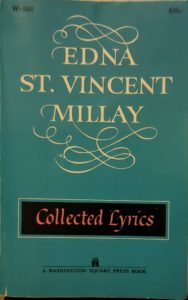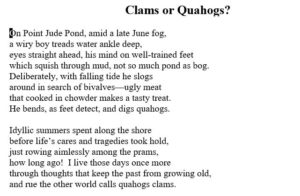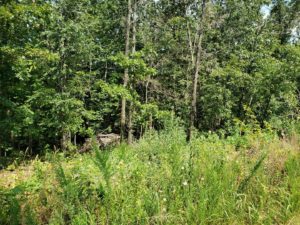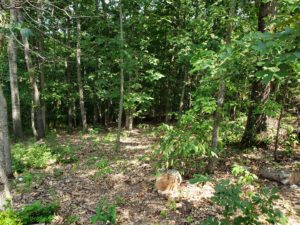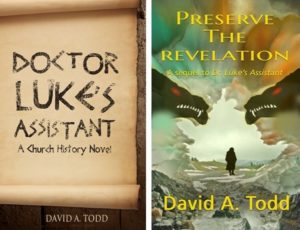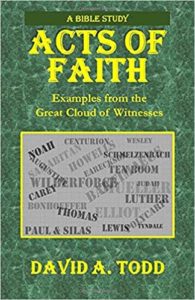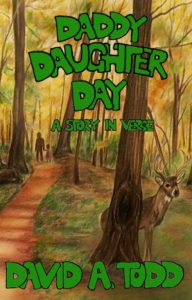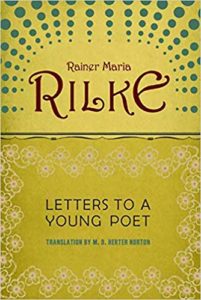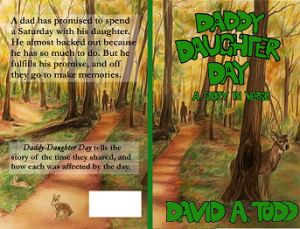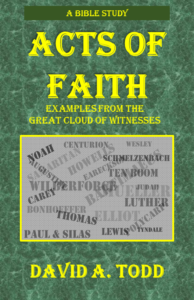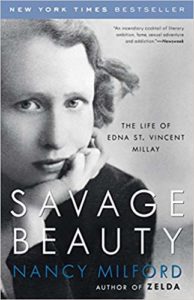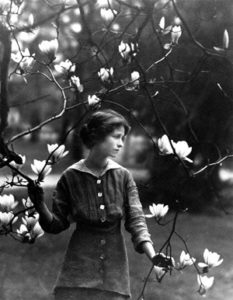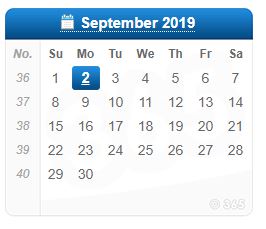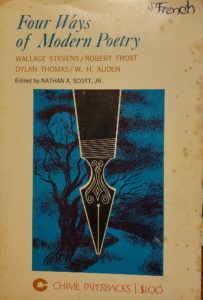
I continue to pull books from this or that shelf, looking for any that seem interesting but which I’m sure I won’t keep. Reading those should be a win-win situation. A bit of enjoyment and decluttering/dis-accumulation at the same time. The one I chose a couple of weeks ago was an oldish one: Four Ways of Modern Poetry, edited by Nathan A. Scott.
Published by John Knox Press in 1965, I have the Chime Paperbacks edition. Original cost was $1.00, stamped right on the front page. It’s in pretty good condition for its age.
The book looks at four poets: Wallace Stevens, Robert Frost, Dylan Thomas, and W.H. Auden. I’m sure I bought this primarily for Frost, but also secondarily for Thomas. Since I bought this, I have read a little of Stevens, and have liked what I read. I’m still unfamiliar with Auden.
The book, 92 pages, consists of four essays by four different men, each one covering one of the four poets. I found the essay on Steven, by Stanley Romaine Hopper, mostly incomprehensible. I plowed through it but didn’t enjoy it and doubt that I learned much about him. I have a large book of his poetry and will have to get back into that sometime soon.
The essay by Frost was by Paul Elmen. This might have been equally incomprehensible as the first except that I know more about Frost. Elmen’s point is the Frost was a dark poet, not the simple, pastoral New England poet he appears to be. Others have said the same thing. I haven’t decided yet. I enjoy the pretty pictures that Frost’s poems paint, and am happy not to look for darkness beneath the surface.
The Thomas essay was by Ralph J. Mills, Jr. I’ve read a fair amount about Thomas. In fact, on my reading table is A Dylan Thomas Reader, which I dip into from time to time when other books at hand don’t excite me. I also have a book of his letters, which I read half-way through. Thomas’s poetry I don’t really care for, but he is an interesting character. Mills did a good job on explaining Thomas’s place in modern poetry.
The essay on Auden was written by the editor, Scott. It was by far the best of the four. It made me want to read more of Auden’s work, and some critique of those works and some biographical pieces. Alas, I will have to get much further into retirement and to the point where I don’t want to write anything of my own before I do that.
It took me only six or seven sitting to get through this. I consider the time to have been well spent. I won’t recommend it, mainly because I suspect it would be difficult to find a 1965 paperback in whatever bookstore you go into. It’s probably available on-line, from ABE Books or wherever you go for out-of-print books. It is worth reading if modern poetry is to your liking. But for me, I won’t be re-reading it so it is not a keeper. Nope. It’s already on the sale/donation shelves. A good read, but off it goes.
